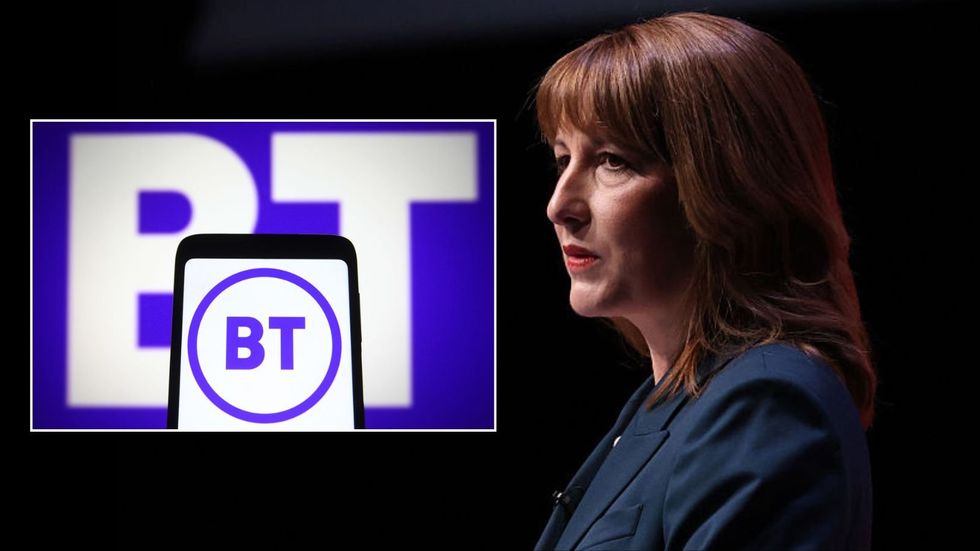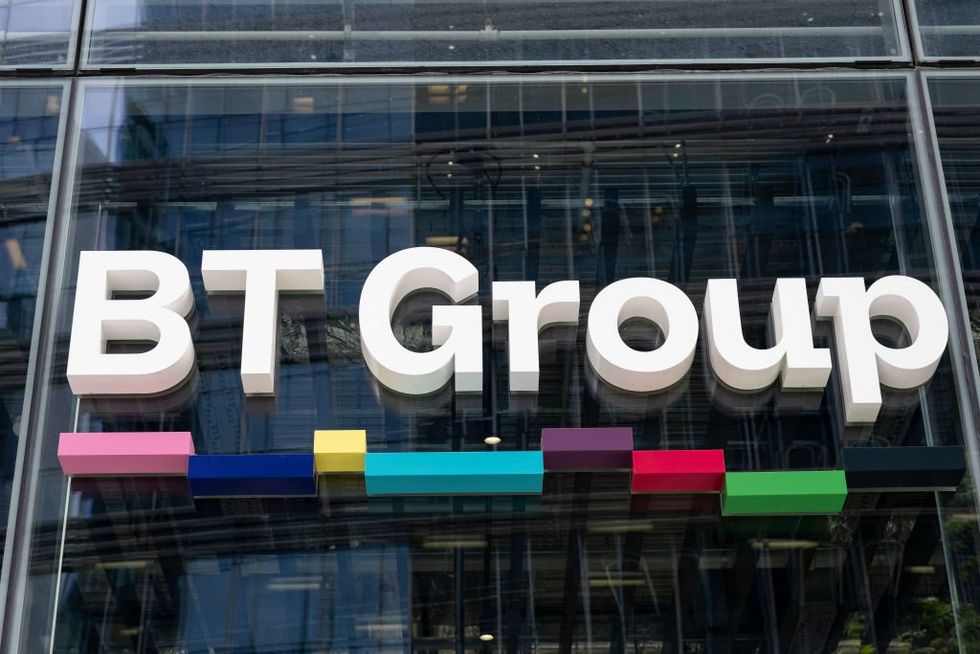Chancellor Rachel Reeves has been warned that business rate changes in the Autumn Budget “risk a slowdown” in investment.
Britain’s telecommunications infrastructure faces a potential £400million annual burden from forthcoming business rates reforms, according to BT Group.
The company has cautioned that modifications to commercial property taxation could significantly hamper investment across the sector.
BT joins a growing chorus of businesses, including supermarket chains like Asda, airports and commercial property companies, in voicing apprehension about the proposed tax adjustments.
These changes, anticipated to take effect from next year, have prompted the group to highlight potential risks to Britain’s infrastructure development.
The company suggests the reforms could decelerate crucial investment precisely when the nation requires enhanced connectivity and technological advancement.
BT Group currently shoulders around £375million in annual business rates for its Openreach broadband infrastructure, alongside additional levies for its commercial properties and retail premises.
The company now faces the prospect of substantially increased tax payments under Treasury proposals.

The Chancellor’s blueprint involves establishing an elevated tax bracket for commercial properties valued above £500,000.
This higher band could impose charges of up to 10p per pound of rateable value, surpassing existing multiplier rates.
The precise rate structure awaits confirmation in the forthcoming Budget on November 26.
However, the implications for major infrastructure operators remain a source of considerable uncertainty, with the final financial impact contingent upon ongoing negotiations with the Valuation Office Agency (VOA).
LATEST DEVELOPMENTS
- Rachel Reeves under pressure to scrap VAT raid on drivers amid plans for harsh ‘stealth tax’
- Rachel Reeves slapped with spine-tingling tax warning with ‘a hell of a lot of work’ to be done
- Why aligning closer with the EU would doom Britain – explained by just one chart

HM Treasury maintains these measures aim to create fairer competition between traditional high street establishments and e-commerce giants operating extensive warehouse facilities.
Revenue generated from the enhanced rates would fund permanent reductions for smaller retail, hospitality and leisure enterprises.
Ms Reeves has articulated her objective to “level the playing field” between physical shops and online retailers with substantial distribution centres.
However, BT contends the proposals would generate “serious unintended consequences for the services that keep the country and the economy running”.
The telecommunications provider argues that infrastructure operators have been inadvertently caught within reforms primarily targeting large-scale retail warehousing.
Simon Lowth, BT Group’s chief financial officer, acknowledged the company’s commitment to Britain’s digital future remains steadfast, with billions earmarked for investment through the decade’s end.
“Proposed changes to UK business rates risk a slowdown in infrastructure investment at a time when the nation needs it most,” Mr Lowth said.
He emphasised that while the precise financial consequences remain unclear pending VOA discussions and Budget decisions, the direction of travel is worrying.

“But what is clear is that any increase in this tax on infrastructure could threaten investment across a broad range of infrastructure sectors,” he warned.
Research commissioned by BT indicates the proposed rates modifications could diminish business investment by £1.4billion across a five-year period.
They project these changes would permanently shrink the economy by £1.5billion annually.
Our Standards:
The GB News Editorial Charter







Follow